Finding Solutions to Plastic Pollution (How You Can Help)
One person can make a difference. I believe this, and I embrace it wholeheartedly. Knowing that my actions matter, that is what empowers and motivates me to strive to do a little better every day.
Whilst one individual can have an impact, when individuals get together… well, that’s when change really begins to happen! Collectively, our impact can be amplified. That’s what a movement is – a group of people, working together for the same outcome.
Plastic pollution and over-consumption of resources are both massive, complex issues. The problem isn’t going to be solved just because I no longer have a rubbish bin, or can fit my waste into a glass jar. It’s not going to be solved if 10,000 of us can all fit our waste into a glass jar, either.
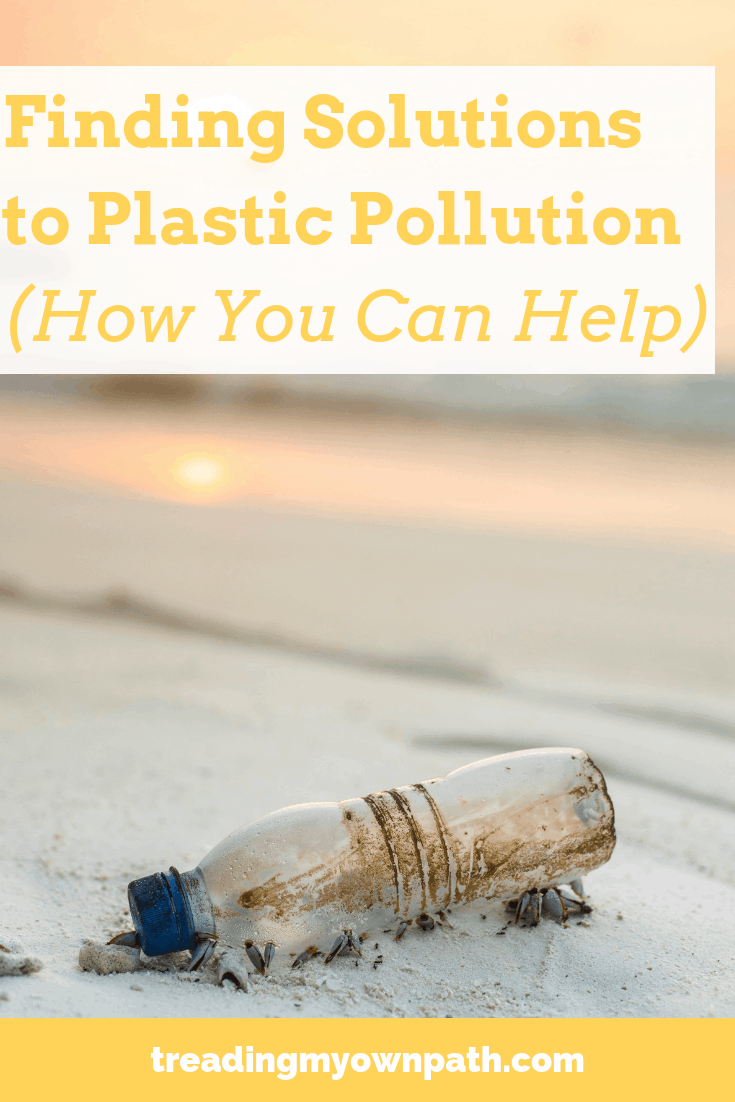
It’s going to be solved when we all work together to share ideas, apply pressure to decision-makers and organizations, and offer solutions!
If you’d like to do more, and be part of a movement, here are some options. Whether it’s getting out into your local community, volunteering, joining a campaign, learning more or donating to an organization doing great work, there are plenty of possibilities. If you see something you like, see if there is something similar in your local area… or start your own group!
If you have any others you’d like to add, please let me know in the comments below : )
Citizen Science + Litter Apps
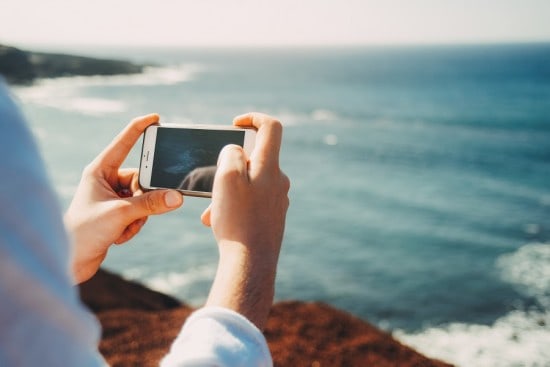
Litter apps are a simple way to add any litter you pick up to a national or international database. Citizen science in action! Simply take a photo of what you pick up, and record the location, litter type and brand. This data is collected to identify the most commonly found brands and products, and problem hotspots. The data can be used to work with companies and organisations to find more sustainable solutions, and to influence politicians, councils and other decision-makers to make change.
– Litterati (US and Worldwide)
Litterati describe themselves as a community that’s identifying, mapping, and collecting the world’s litter. Based in America, they track plastic and other litter anywhere in the world.
Website: www.litterati.org
– Marine Debris Tracker (US and Worldwide)
An American Debris Tracker app that collects marine debris data from all over the world, including 1200 locations in the USA.
Marine Debris Tracker App for Android / Marine Debris Tracker App for iPhone
Website: www.marinedebris.engr.uga.edu/
– Marine LitterWatch (Europe)
Monitors beach litter in Europe. The app was developed by the European Environment Agency to help aid data gathering in coastal areas.
Marine LitterWatch App for Android / Marine Litterwatch App for iPhone
Website: www.eea.europa.eu
– Tangaroa Blue (AU)
Whilst not an app, Tangaroa Blue’s Australian Marine Debris Database is the most comprehensive collection of marine debris data in Australia. All data can be submitted via this AMDI submission form: since 2004 over 2million pieces of debris have been recorded.
Website: www.tangaroablue.org
Litter Clean-Ups
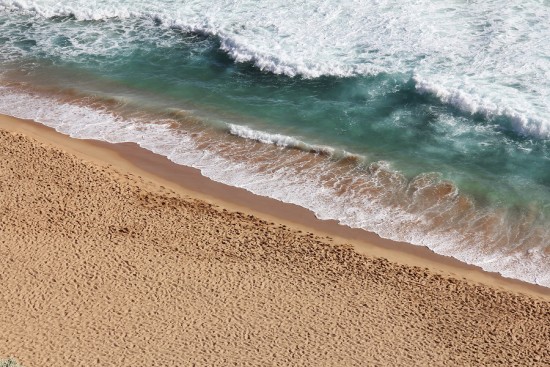
Sure, it’s possible to just go outside your front door any time, and pick up litter. In fact, that is what many of these organisations encourage. But there’s also something nice about getting together with a group of like-minded individuals and making a much bigger impact.
– Responsible Runners (AU)
An Australian initiative to get runners and walkers clearing up litter. They organize weekly clean-up events around the country involving 30 minute litter picking, and have picked up 21 tonnes of rubbish to date. All rubbish is recorded, and the data is submitted to Tangaroa Blue Australian Marine Debris Database (see above).
Website: www.responsiblerunners.org
– Take 3 For The Sea (AU and worldwide)
An Australian movement that encourages everyone to simply take 3 pieces of rubbish with you when you leave the beach, river, or anywhere else. As well as running school education programs, they also offer a Guardian program for local groups to establish, and use social media to spread the #take3forthesea message.
Website: www.take3.org.au
– Sea Shepherd Marine Debris Campaign (AU)
In 2016, Sea Shepherd Australia announced a new marine debris campaign which involves organizing beach and river clean-up events, community engagement and education. At present this appears to be specific to Australia.
Website: www.seashepherd.org.au
– Ocean Conservancy (US)
An American not-for-profit organisation that promotes science-based solutions to protect the ocean. Ocean Conservancy organises the annual International Coastal Cleanup event (a global event), and helps individuals organise their own beach and river cleanups for other times of the year.
Website: www.oceanconservancy.org
– Two Hands Project (AU)
Two Hands Project embodies the spirit of international Clean Up Days, but asks – why not use your two hands and 3o minutes of your time to clean up on ANY day of the year? They occasionally run organized beach clean-ups, and offer secondary school education programs.
Website: www.twohandsproject.org
– Keep Australia Beautiful (AU)
Keep Australia Beautiful works towards a litter-free environment by running grass-roots programs in every state and territory in Australia. They run “Keep Austrlia Beautiful Week” annually, and assist in organising cleanup and other community events.
Website: www.kab.org.au
Campaigning
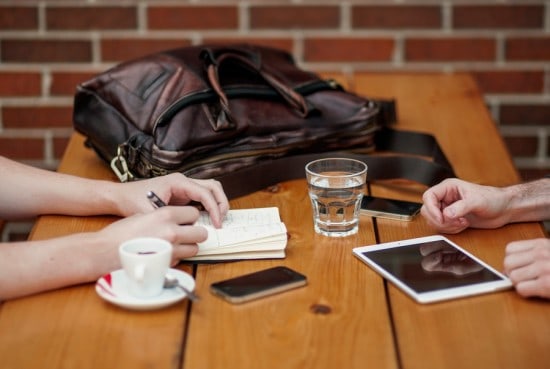
Organisations often work on specific campaigns. Campaigns work towards a specific goal, such as changing legislation on particular issues, often by raising awareness and gaining the support of the public to apply pressure to decision-makers.
– Plastic Soup Foundation (NL)
Plastic Soup Foundation is a campaigning and advocacy group working towards eliminating plastic pollution from our oceans. Based in the Netherlands, they work on a number of campaigns including Reach for the Zero, Beat the Microbead and Ocean Clean Wash.
Website: www.plasticsoupfoundation.org
– Marine Conservation Society (UK)
The Marine Conservation Society (MCS) is a UK ocean protection charity. They campaign on a number of issues including banning the mass release of balloons and sky lanterns, microbeads and clearer labelling for wet wipes (to prevent them being flushed down the loo). They also run a Plastic Free June fundraising challenge.
Website: www.mcsuk.org
– Surfrider Foundation (US and Worldwide)
Surfrider Foundation is a campaigning organisation dedicated to the protection and enjoyment of the world’s oceans and beaches. Beginning in the USA 30 years ago, Surfrider Foundation has grown to 18 countries around the world, including Australia. Among other ocean-realted campaigning, they support local, regional, state and national campaigns on plastic pollution.
Website: www.surfrider.org
Surfrider Australia Website: www.surfrider.org.au
– Surfers Against Sewage (UK)
A UK environmental charity protecting the UK’s waves, oceans and beaches. Surfers Against Sewage campaign against marine litter, and recent campagins include “No Butts on the Beach”, “Return to Offender” (which has to be my favourite) and “Think Before You Flush“.
Website: www.sas.org.uk
– Story of Stuff (US)
The Story of Stuff project began as a series of education movies about the environmental impacts of “stuff”. As well as education, they now run campaigns fighting plastic pollution, including banning bottled water and banning the microbead.
Website: www.storyofstuff.org
– The Last Plastic Straw (US)
The Last Plastic Straw campaigns to get businesses to only give out straws on demand, and to use fully biodegradable alternatives to plastic straws. They also raise awareness of plastic pollution.
Website: www.thelastplasticstraw.org
Challenges
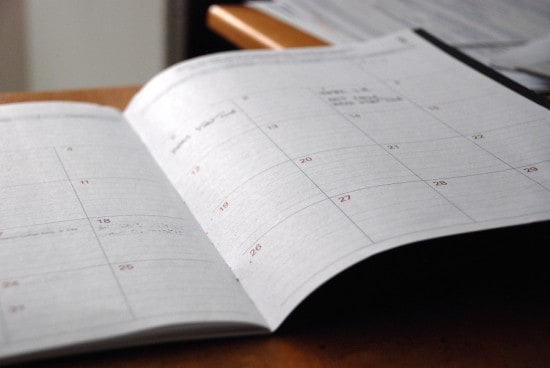
Collective challenges are a great way to raise awareness and build momentum on an issue, as well as creating community and inspiring further action.
– Plastic Free July (AU and Worldwide)
Plastic Free July is a month-long challenge to refuse and avoid single-use plastic. It’s what got me started on my plastic-free journey and has expanded from a local campaign with just 30 participants to a global initiative that spans almost 200 countries.
Website: www.plasticfreejuly.org
Marine Research and Education
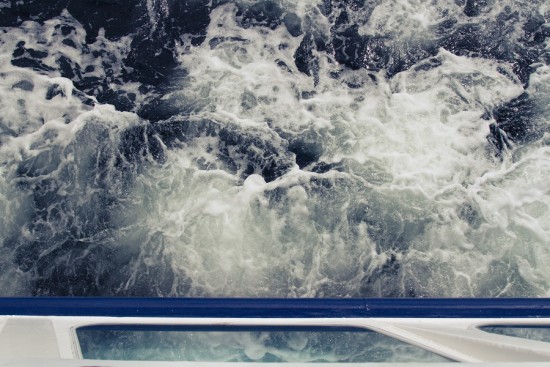
Expeditions and research bring in the real scientific data, and allow us to understand the wider impacts of plastic pollution. It is this knowledge that raises awareness and drives campaigns, education and action.
– 5 Gyres (US)
Founded in 2008, 5 Gyres is a non-profit organisation raising awareness about plastic pollution through science, art, education and adventure. They have been involved with campaigns including the “ban the microbead” campaign, and run programs and expeditions.
Website: www.5gyres.org
– Algalita (US)
Founded in 1994 by Captain Charles Moore, the man who discovered the Great Pacific Garbage Patch, Algalita have pioneered the study of plastic pollution in the marine environment. They focus on research, education and action, and lead marine expeditions.
Website: www.algalita.org
Umbrella Groups and Coalitions
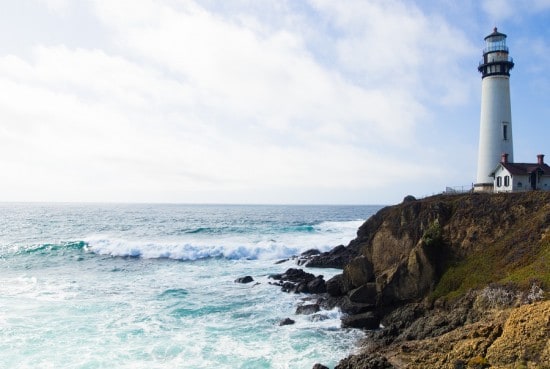
Umbrella organizations provide resources and offer an identity to smaller organisations, whilst building a sense of community and inclusiveness. Umbrella organisations allow members to share resources and amplify their message, meaning increased effectiveness.
– Plastic Pollution Coalition (US)
The Plastic Pollution Coalition is a global alliance of individuals, organizations, businesses and policymakers working toward a world free of plastic pollution. Founded in 2009 and now with more than 400 member organisations (you can find a list of current members here), they provide education, scientific research and solutions for both individuals and organisations. The Education page is a wealth of useful information : )
Website: www.plasticpollutioncoalition.org
Now I’d love to hear from you! Are they any great organisations I’ve missed off the list? Any campaigns or groups I failed to mention? Any I’ve mentioned here that you are already involved with? Any that are completely new to you? Do you work with local groups in your area? Do you know about great work being done at grass roots level? I love to hear about others making a difference and creating positive impact so share away! Any other thoughts or comments, I’d love to hear those too, so please tell me in the space below!
[leadpages_leadbox leadbox_id=1429a0746639c5] [/leadpages_leadbox]
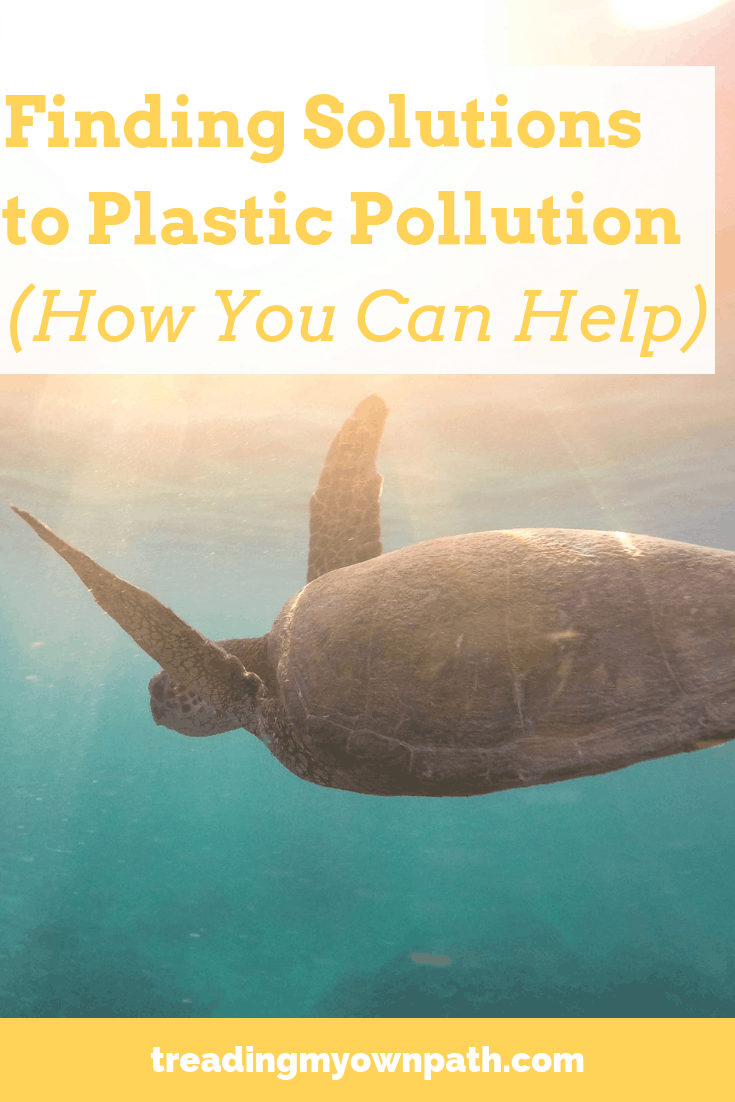

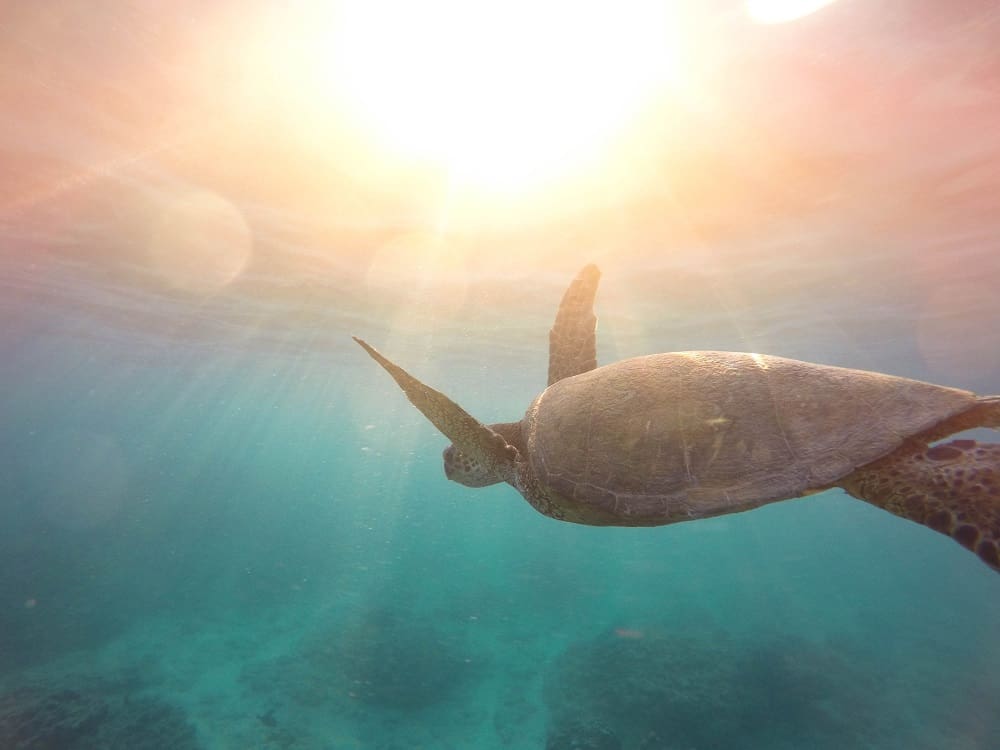

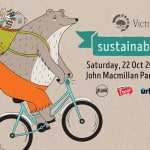
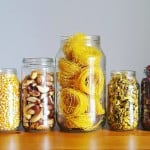

Hi Lindsay. Thanks so much for your list – there is a lot of idea generating knowledge in there. I plan to dip back in and really look at lots of it.
I recently came across The Last Plastic Straw http://thelastplasticstraw.org/ .They have resources that they will email out to help us have that conversation with bar, cafe and restaurant people about – firstly only giving straws out on request, and secondly changing over to paper straws. Plus a lot of other info.
Thanks Anne – I always find it very inspiring when I hear or read about what great things other people are doing! I was wondering about adding a straw campaign but I came across a few and didn’t know how to choose! (Most of them were quite small and localised). I didn’t see this site though – thank you so much for the tip! I’ll add it in :)
Hi Lindsay, I have been trying to do my bit inspired by a fantastic non profit project #2minutebeachclean , founded by Martin Dorey in the UK. There is a very good TED talk by him about it. He asks that we just do 2 minutes litter picking to help solve the problem of plastic entering our waterways & the sea. Take a photo of your litter pick & tag it to their instagram site. It is amazing how much can be picked up in that time and I have a feeling that anyone taking part does more than the time requested. It is another tiny change that quickly becomes a habit.
A second campaign over here is #switchthestick. Apparently we have a huge problem with cotton bud sticks entering the waterways after people flush them down their loo’s. They are small enough to pass through the filtration system. This is a petition to sign so that more companies will hopefully change to producing paper sticks. Short but interesting video about it on their site.
Hi Wendy, thank you so much for both of your recommendations! I’ve come across 2 Minute Beach Clean actually, but I haven’t listened to the Tedx talk – I must add to my list! Take3 and 2Hands have a similar message and I love the simple but practical approach :)
I had a look at the Switch the Stick campaign – I love that it is from my hometown in Bristol! They have a website which is here: http://www.switchthestick.org/
Thanks again for adding to the list! :)
Hi, I am very passionate about reducing waste but unfortunately my family doesn’t always support me. They make fun of me putting stuff that’s in our kitchen garage bin in the recycling (if it belongs in recycling), sometimes continue to use plastic disposable wrap for lunches even though I try to explain how bad it is for our environment. They appreciate me wanting to do a good thing but seem to think that as long as they occasionally do something eco-friendly, that’s good enough. Do u have any suggestions for me to ask them to change their habits and offer alternatives that would be more eco-friendly. Thanks xxx